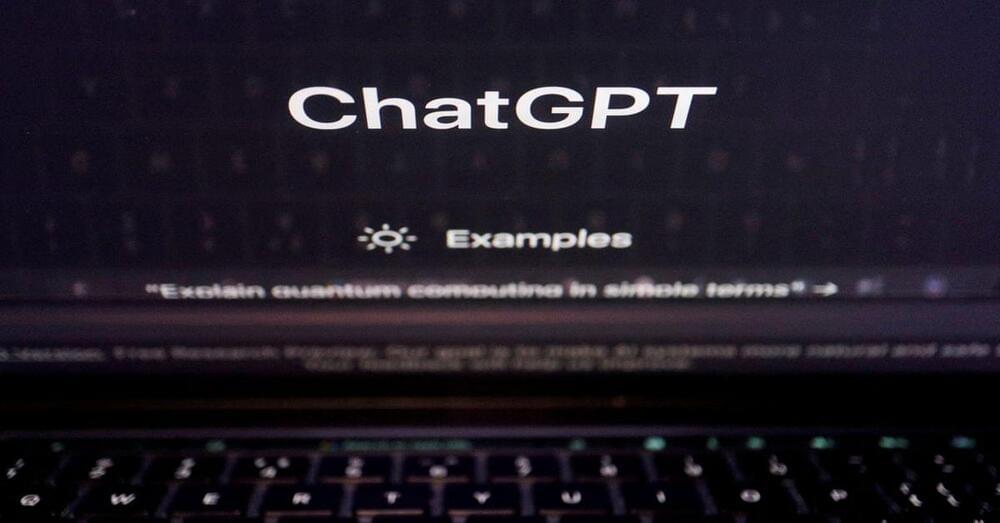Apr 13, 2023
‘Faithful Unto Death’: Robotic dog set to make a comeback to NYPD task force
Posted by Gemechu Taye in categories: robotics/AI, security
Along with ‘Spot’ the Digidog, the New York Police Department has revealed other new security technologies to improve safety in New York.
The New York Police Department (NYPD) is taking crime control, and public security to the next level by introducing a variety of crime-fighting robots to patrol subway stations throughout New York.
Along with Digidog, the NYPD has revealed a few other new security technologies to improve safety in New York.
Continue reading “‘Faithful Unto Death’: Robotic dog set to make a comeback to NYPD task force” »
















